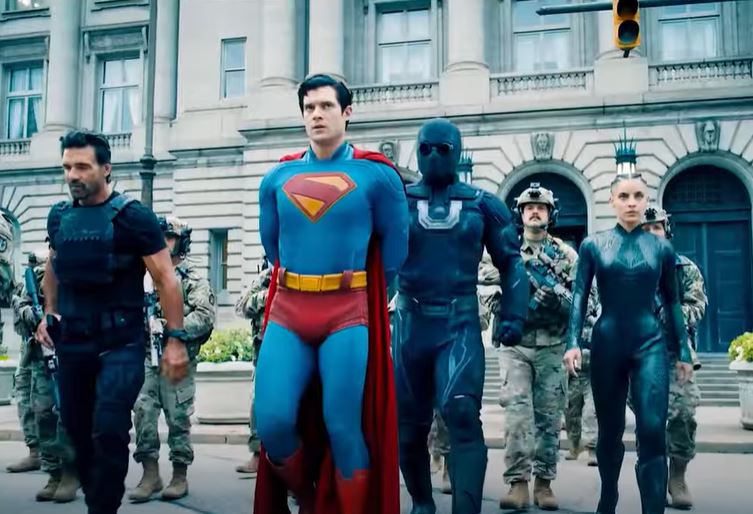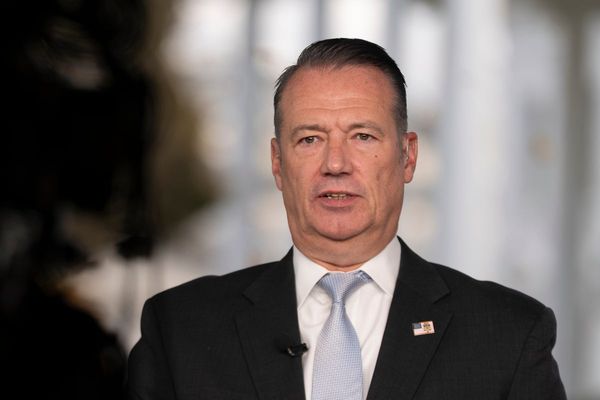Warner Bros. has launched a lawsuit against artificial intelligence company Midjourney, alleging copyright infringement over the creation of AI-generated images and videos featuring its iconic characters.
The legal action marks the third major Hollywood studio to pursue Midjourney in Los Angeles federal court, following a joint lawsuit filed by Disney and Universal in June.
The entertainment giant claims that San Francisco-based Midjourney enables its millions of subscribers to produce AI-generated content depicting copyrighted figures such as Superman, Bugs Bunny, Batman, Wonder Woman, Scooby-Doo, and the Powerpuff Girls.
The lawsuit alleges Midjourney trained its AI system on "illegal copies" of Warner Bros. works, encouraging users to generate downloaded images and videos of these characters in "every imaginable scene."
Furthermore, the legal filing states that even a generic prompt for the AI tool, such as a "classic comic book superhero battle," will generate high-quality images of DC Studios figures including Superman, Batman, and Flash.
Warner Bros. asserts that "Midjourney thinks it is above the law" and "could easily stop its theft and exploitation" of intellectual property, in the same manner it imposes limits on violence or nudity.

Midjourney did not immediately respond to a request for comment regarding the allegations.
The lawsuit alleges Midjourney's practices create “consumer confusion regarding what is lawful and what is not lawful by misleading its subscribers to believe that Midjourney’s massive copying and the countless infringing images and videos generated by its Service are somehow authorized by Warner Bros. Discovery.”
The entertainment giant says it is entitled to up to $150,000 in damages per infringed work.
Midjourney has denied copyright infringement allegations in the Disney and Universal case, arguing in an August court filing that while its AI tool “had to be trained on billions of publicly available images,” it did so “in order to learn visual concepts” and how they correspond to language.
“Training a generative AI model to understand concepts by extracting statistical information embedded in copyrighted works is a quintessentially transformative fair use – a determination resoundingly supported by courts that have considered the issue,” said Midjourney’s response, citing recent court rulings in lawsuits by published authors against Anthropic and Facebook parent Meta.

Midjourney also said the onus was on its customers to follow Midjourney’s terms of use, which prohibit infringing intellectual property rights.
In a 2022 interview with The Associated Press, Midjourney CEO David Holz described his image-making service as “kind of like a search engine” pulling in a wide swath of images from across the internet. He compared copyright concerns about the technology with how such laws have adapted to human creativity.
“Can a person look at somebody else’s picture and learn from it and make a similar picture?” Holz said.
“Obviously, it’s allowed for people and if it wasn’t, then it would destroy the whole professional art industry, probably the nonprofessional industry too. To the extent that AIs are learning like people, it’s sort of the same thing and if the images come out differently then it seems like it’s fine.”







